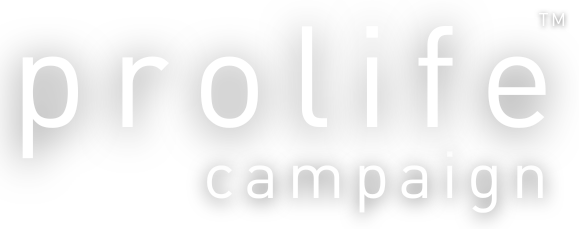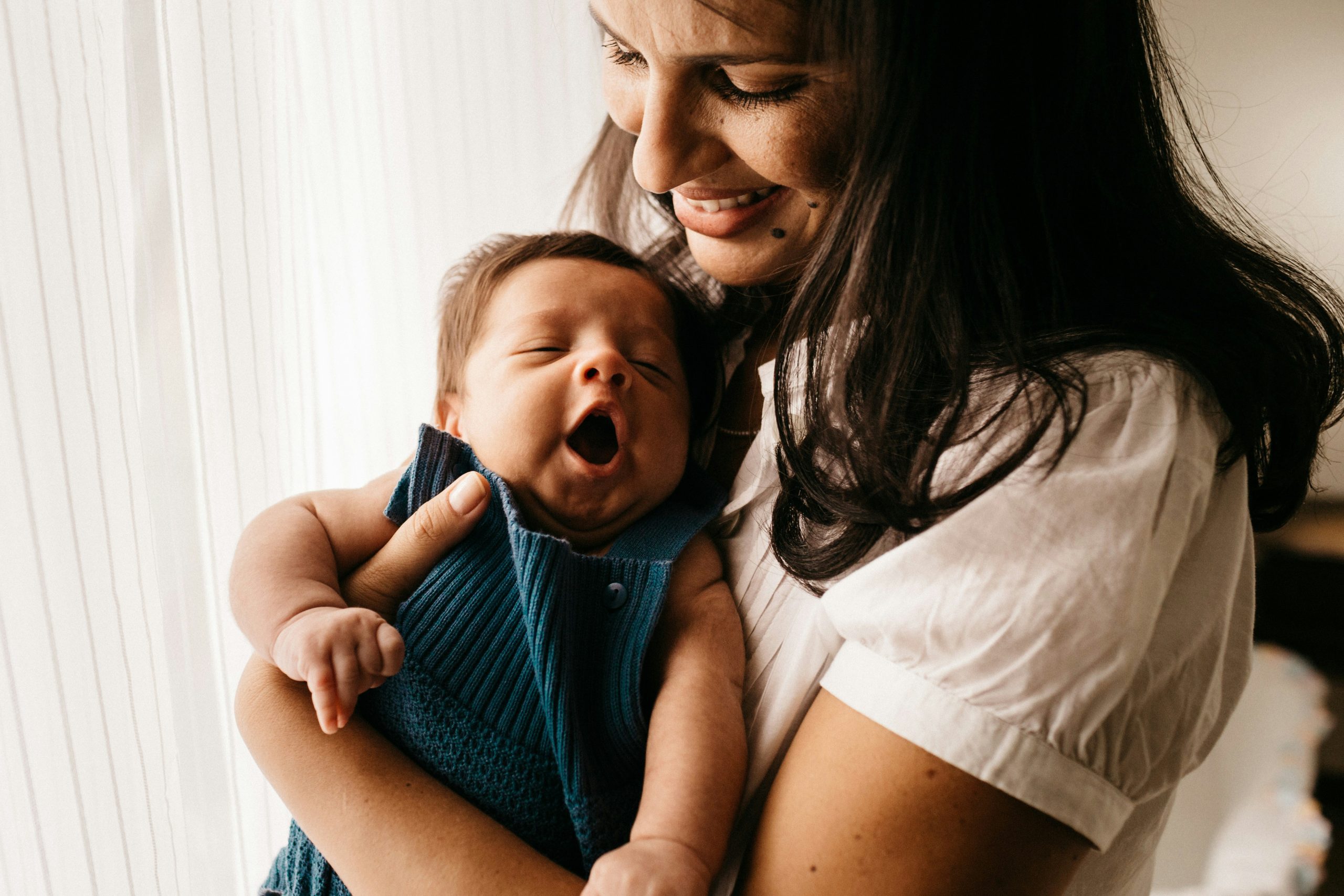UN HUMAN RIGHTS COUNCIL SOCIAL FORUM – GENEVA – OCTOBER 2025
Caroline Simons
The UN Human Rights Council’s World Programme for Human Rights Education was proclaimed by the General Assembly in December 2004. It is an ongoing global initiative which seeks to advance implementation of human rights education programmes in all sectors. Each five year phase of the Programme focuses on specific sectors and themes. The Programme is now in its fifth phase. In this phase, the Council is concentrating on children and youth, focusing on human rights education in three areas – gender equality, digital technologies and human rights, and environment and climate change.
The UN Human Rights Council holds an annual Social Forum to facilitate discussion between civil society, member states and intergovernmental organisations. It shares its conclusions with the Human Rights Council for further consideration. Given its NGO status at the UN and its work throughout Ireland in pro life education, I was invited by the Pro Life Campaign (PLC) to attend this year’s Social Forum on its behalf in Geneva last week. The theme for this Forum was- ‘The contribution of education to the respect, promotion, protection and fulfilment of all human rights for all.’
Panellists speaking at the Social Forum explained that this work of the Human Rights Council harnesses education for the achievement and exercise of political rights and for the realisation of the UN’s Sustainable Development Goals, in particular Goal 4-‘Ensure inclusive and equitable quality education and promote lifelong learning opportunities for all.’
More than 30 panellists from over 20 countries (representing all geographical regions) addressed this theme. The right to education was variously described as a fundamental right necessary for the enjoyment of all other rights, and as an enabling or multiplying right which facilitated the knowledge and exercise of other rights. The presentations and discussions considered education in a wide range of circumstances. These included the contribution of education in realising the right to a healthy environment, climate and environmental justice in the context of The Triple Planetary Crisis, the challenge to access education in emergencies, eg in times of natural disaster, in situations of armed conflict, education for cultural rights of indigenous peoples and of ethnic minorities, education for the right to work, for the right to health, for the right to participate in inclusive societies and education and the right to development in achieving gender equality and reducing poverty. I would like to give readers an idea of aspects of some of the presentations that may have particular relevance for us in Ireland.
The contribution of Education to realising human rights
Farida Shaheed, the UN Special Rapporteur on the Right to Education, was a member of the keynote panel on the first day of the Forum. She spoke about education as a right which enables participation in socio-economic and democratic life. She outlined a vision for education as more than a pipeline for marketable skills, but a system that transmits values and visions of desired futures. She spoke of education as a right to develop to the full potential that one can. She noted in particular the impact on society of ensuring access to education of girls and women. Ms Shaheed said that education strengthens the right to health, including mental health. She observed that comprehensive sexuality education grounded in human rights and scientific evidence equips people with the skill to understand their bodies, form respectful relationships and make informed choices.
The Right to Life
The theme for the second panel on the first day was ‘Education for civil rights – Freedom, safety and accountability.’ In her introduction, the Moderator said that this panel would consider how education contributes to civil rights, including the right to life and the right to bodily integrity’. The presentations and discussion that followed did not consider education regarding the right to life or to bodily integrity in all of their breadth and complexity, but focused on educational measures designed to save or sustain life.
Petra Heusser, the Representative of the Geneva Hub on Education, spoke about Education for the Right to Life. She presented education as a life saving and life sustaining instrument in emergency situations. Schools and learning spaces can be safe spaces for the delivery of multi- sectoral aid, where children and youth can participate in school feeding programmes and vaccination programmes, where they can learn about water sanitation, disease prevention and acquire skills that can be life saving and life sustaining for them, and through them for their families and communities.
Education for the right to freedom of religion and belief
Maria Lucia Uribe Torres, Executive Director of Arigatou International, spoke about education for the right to freedom of religion and belief. Arigatou International fosters intercultural and inter-religious learning. Ms Uribe Torres said that education takes place often in compartmentalised spaces according to social economic class, religion, learning abilities and gender. She said that this compartmentalism forces the very factors that lead to divisions and fear of ‘the other’ in societies at large. She suggested that education needs to be reimagined and reinvented to respond to the multiple ethical challenges of societies but also to the globalised nature of our daily interactions and lives. She proposed that education needs to be grounded on an ethical perspective of society, where the principles that guide education in its content and management are sensitive to cultural and religious differences. She said that it would be unethical if because of political interest, religious or cultural righteousness or economic advantage, education systems shut themselves to welcome ‘the other’, to recognise and foster respect for diversity, and even to equip learners to live in solidarity with others. She suggested that too many schools promote a single world view, fostering intolerance and exclusion, which grows xenophobia outside school. Through many examples of their international work with children, Ms Uribe Torres showed how learning together in safe environments fosters intercultural harmony and academic achievement and may be an important factor in preventing extremism and violence against ‘the other’ based on religion or belief. She made three recommendations –
• Integrate interfaith and intercultural learning in national curricula as part of education
for peace, civic education, moral education and across all subjects.
• Train and support teachers. Teachers are the drivers of inclusion in the classroom.
They need the skills to guide dialogue, manage sensitive conversations and help children
think critically and ethically.
• Adopt participative and transformative pedagogy, moving from vertical teaching to
dialogue and collaboration, because Intercultural and interreligious competences are learned
through interaction with one another, through experience-based learning.
Universal Periodic Review 2026
Every four to five years the United Nations holds a Universal Periodic Review (UPR) of the human rights situation in each of its member states. It is an intergovernmental and mandatory process to identify human rights challenges and achievements, and provide recommendations for improvement. The UPR process involves peer review by other UN Member States. Ireland’s fourth UPR is scheduled for 2026. Ireland has been preparing for this by engaging in mid-term reporting and stakeholder consultations. Representatives from the PLC attended the UPR stakeholder consultation held in Dublin in October 2025. PLC will monitor and continue to engage with this review process in its work to maintain and improve protection of the right to life at all its stages, from conception to natural death.




